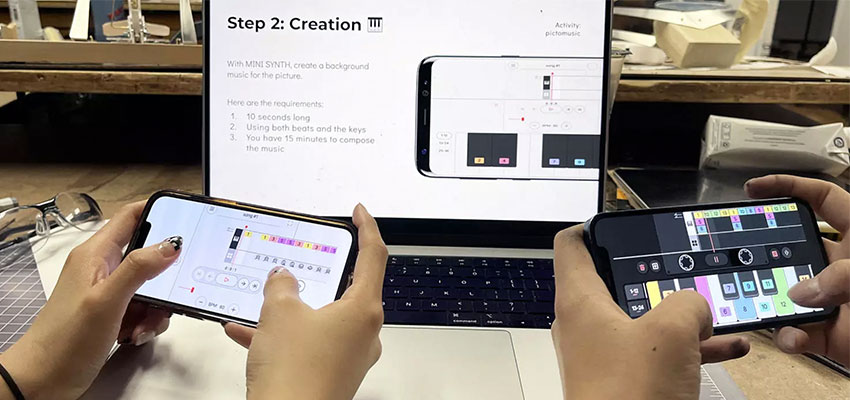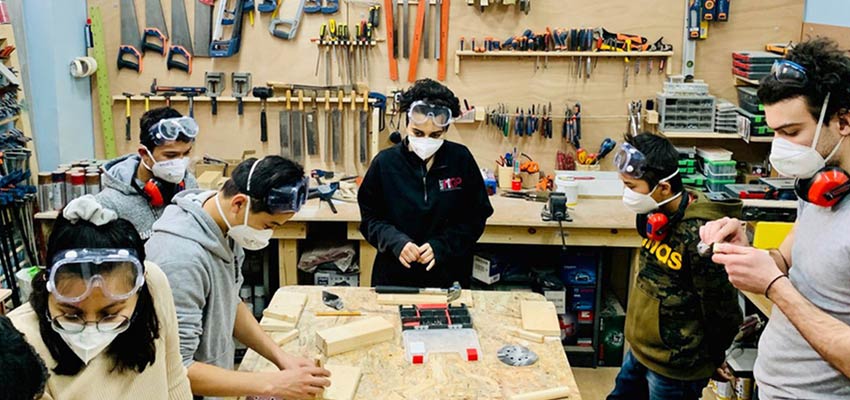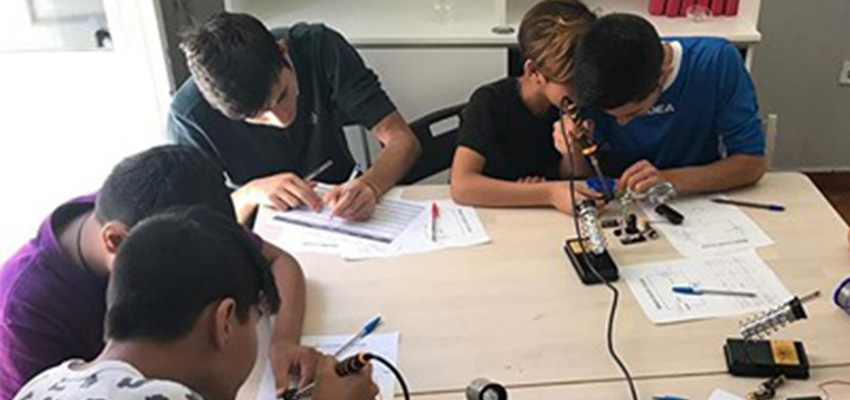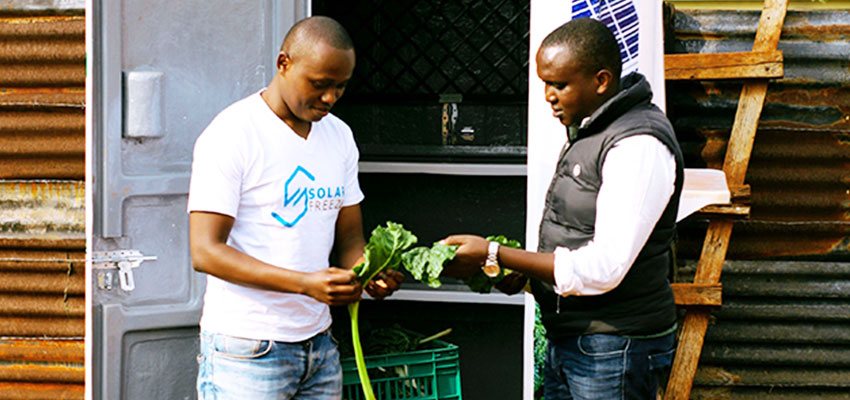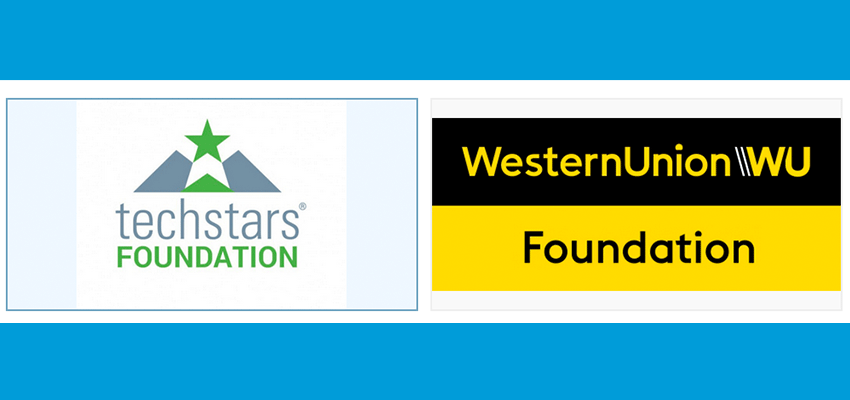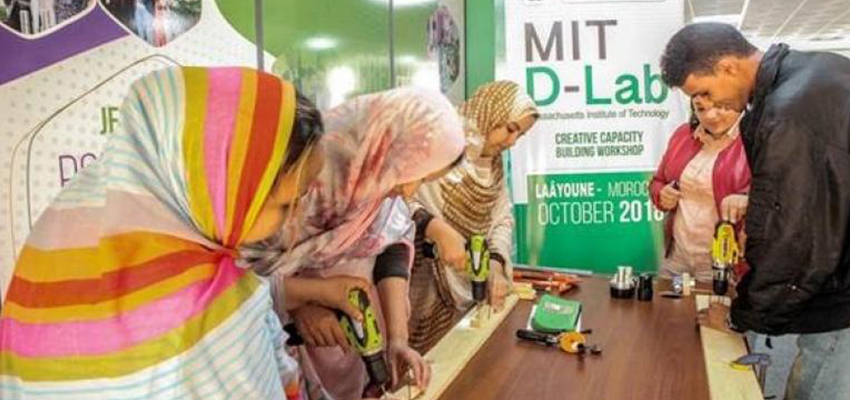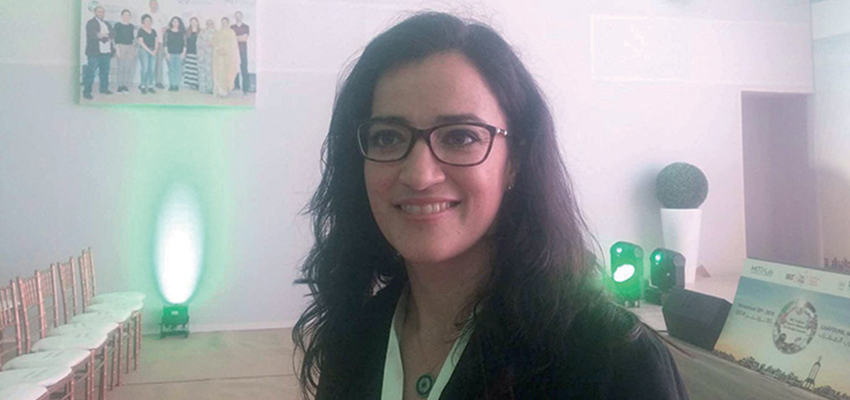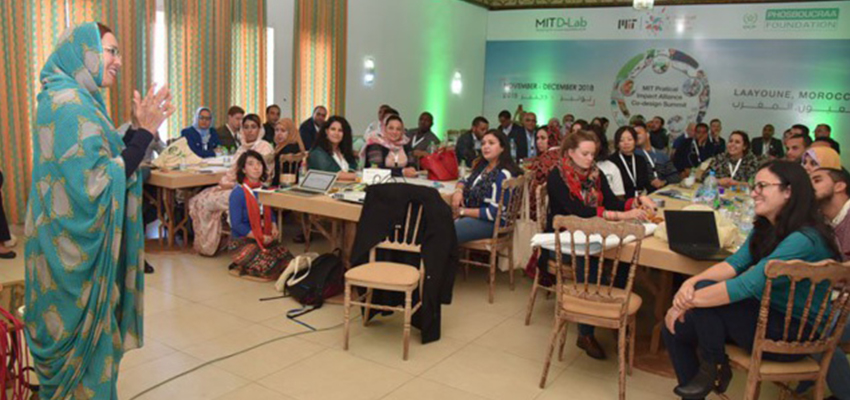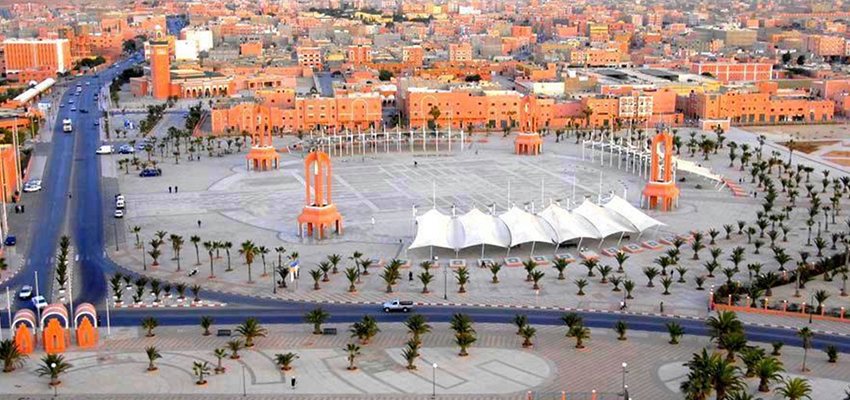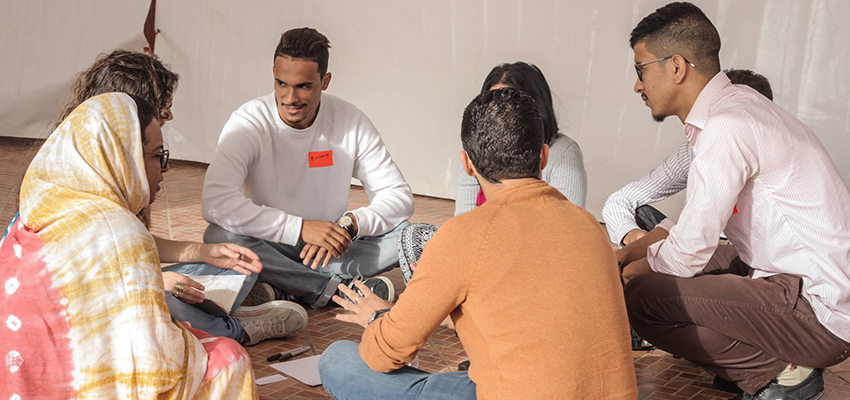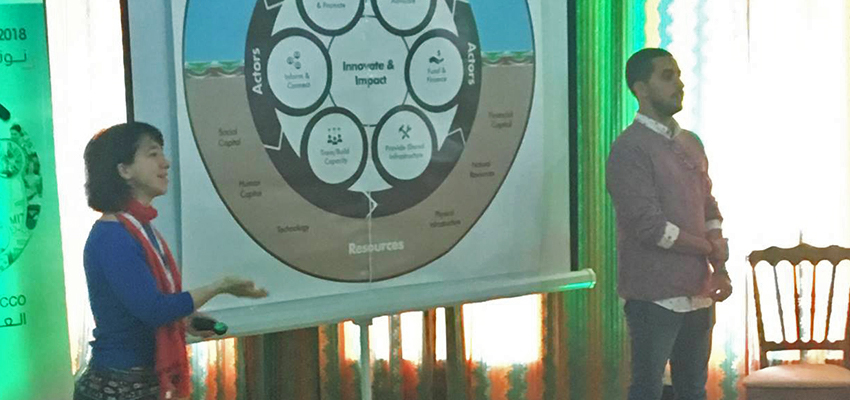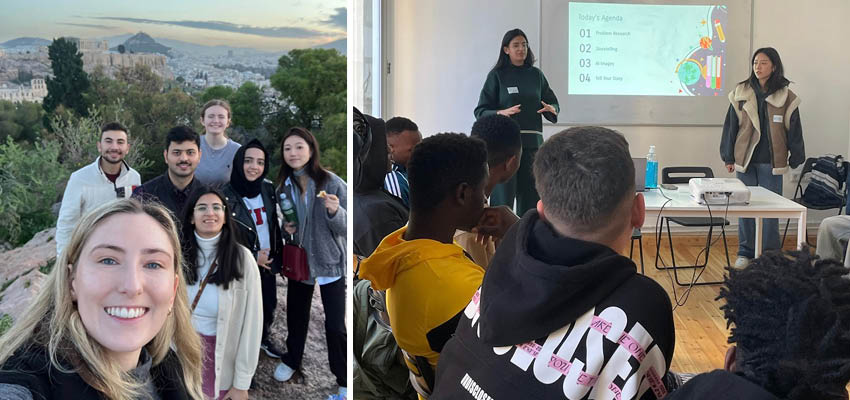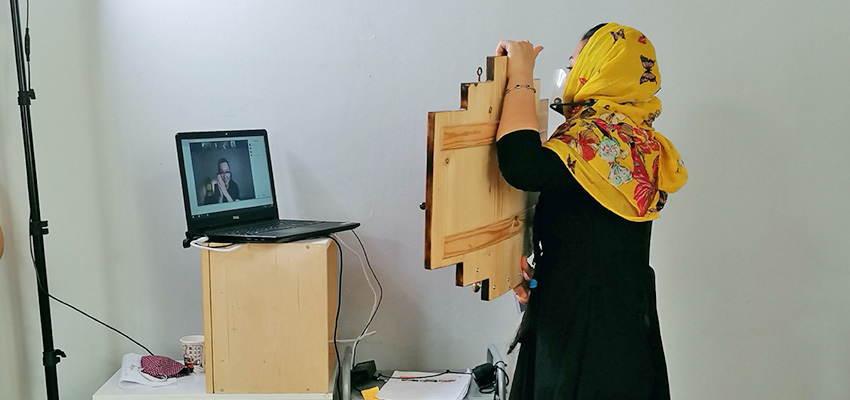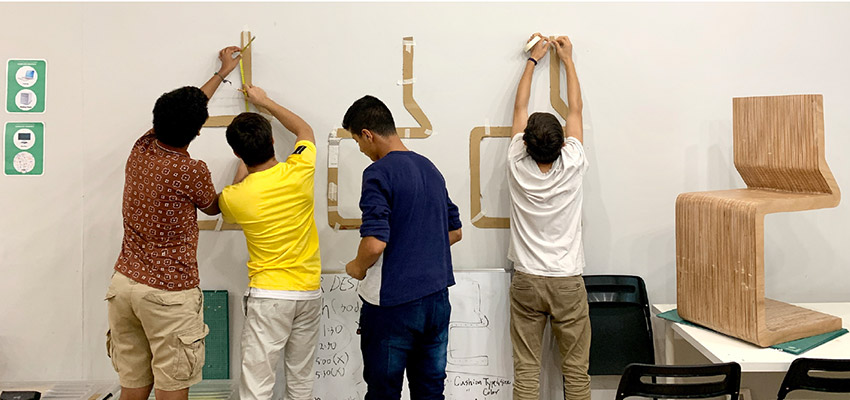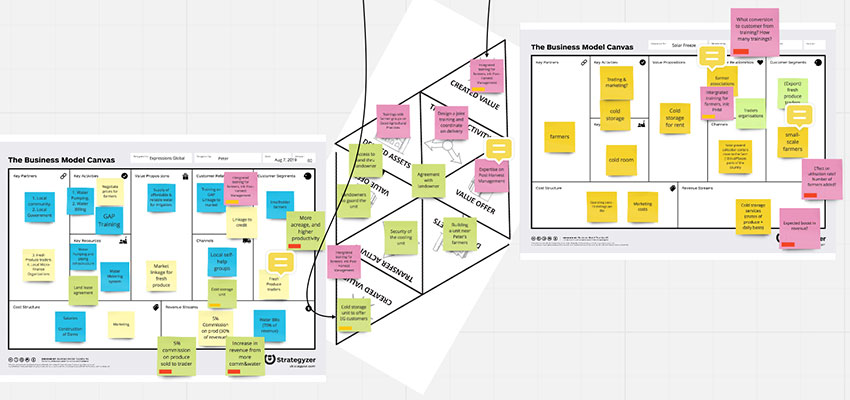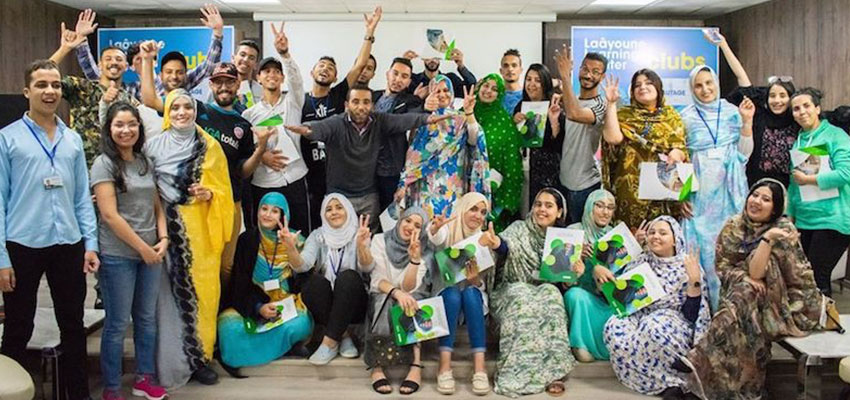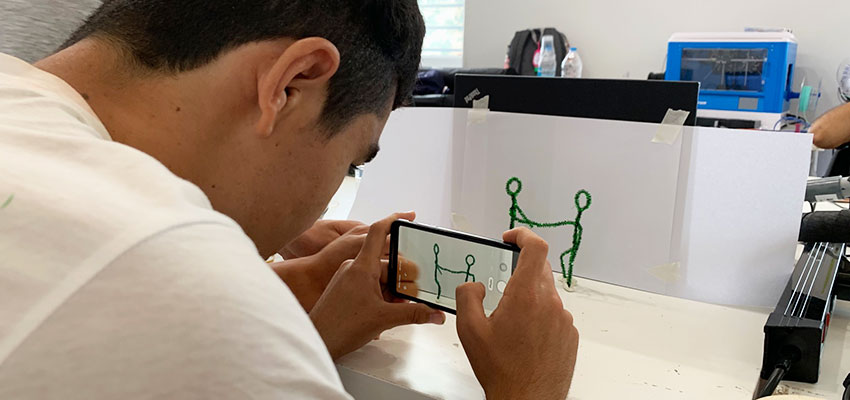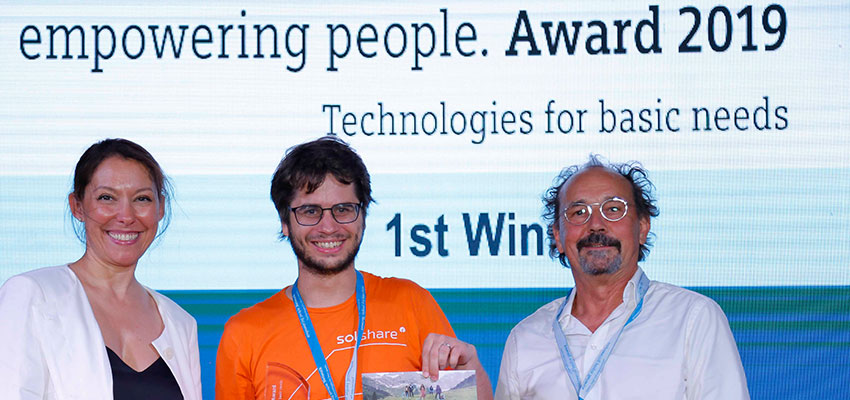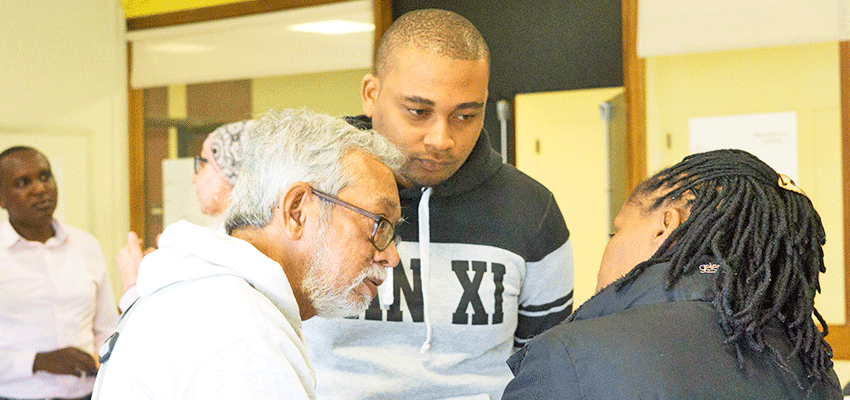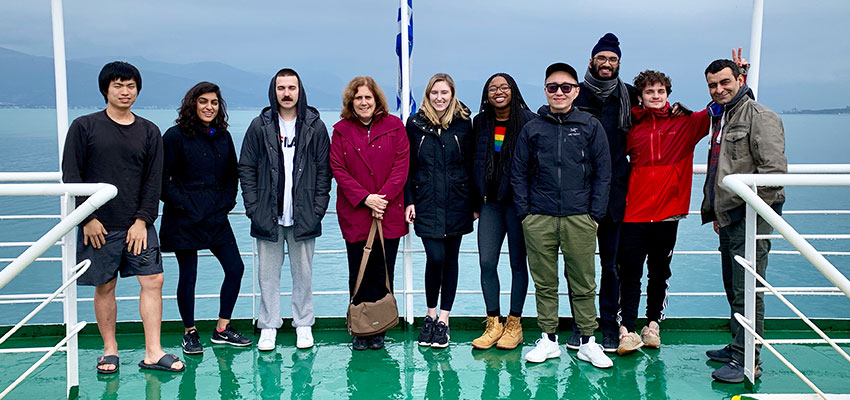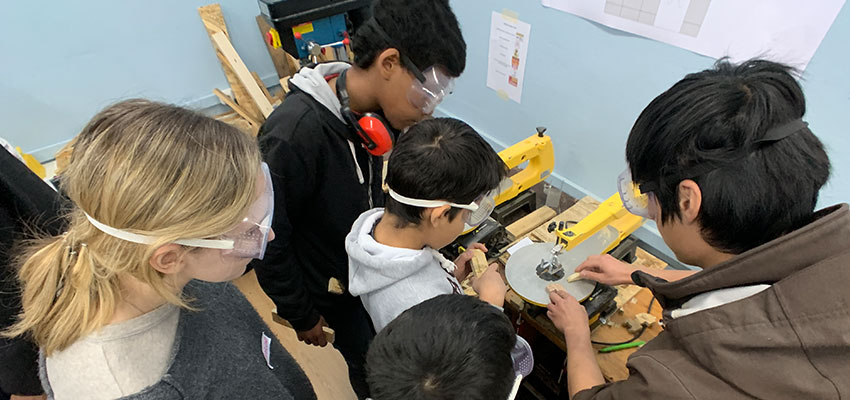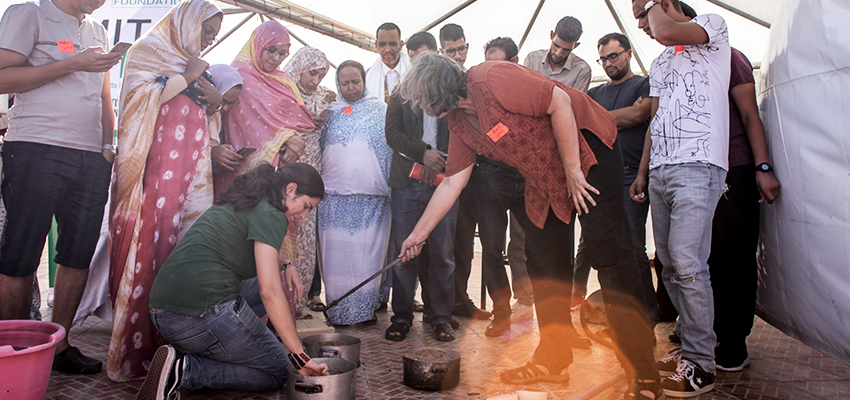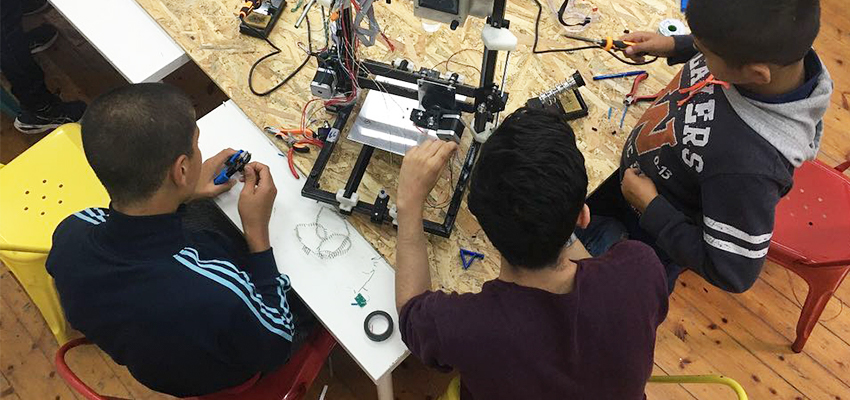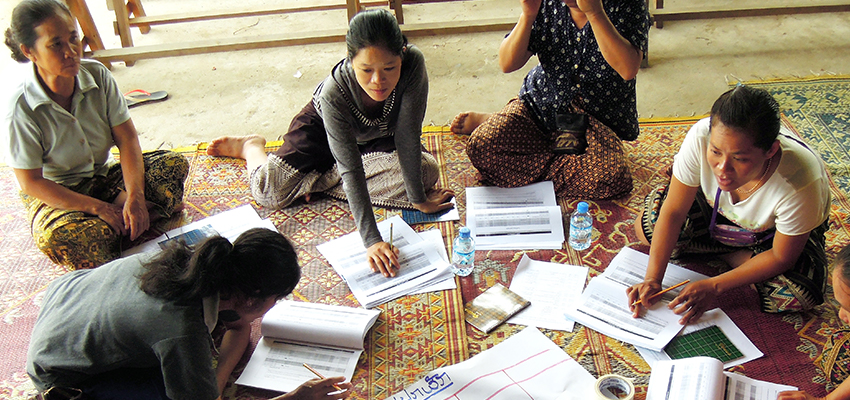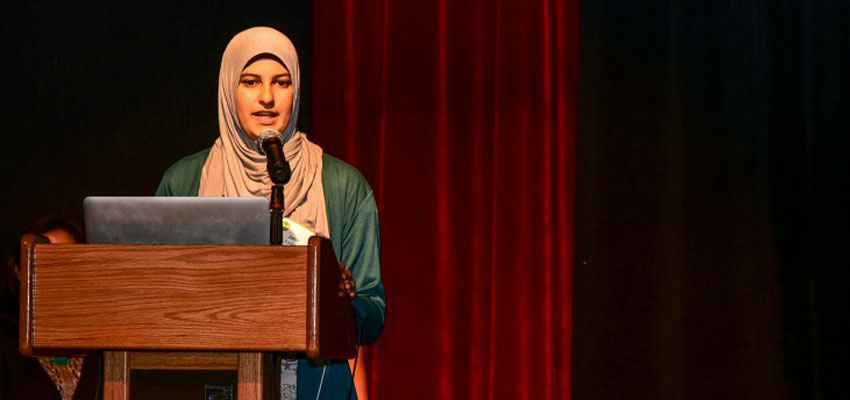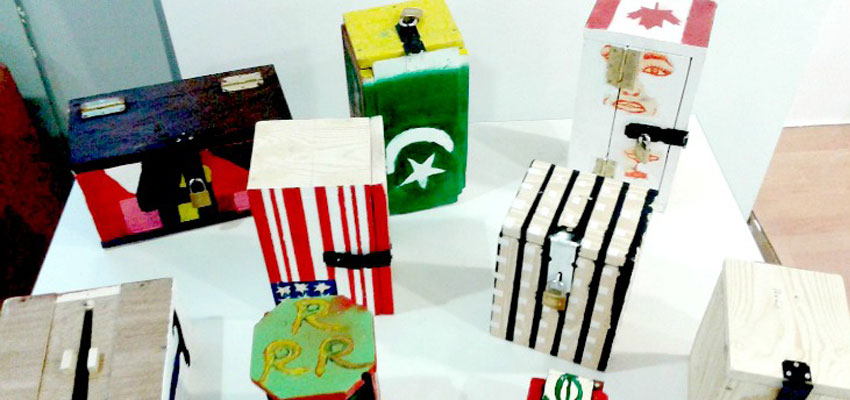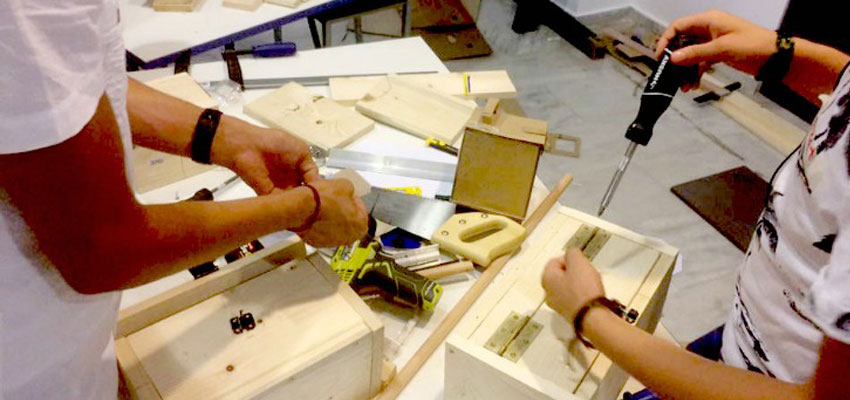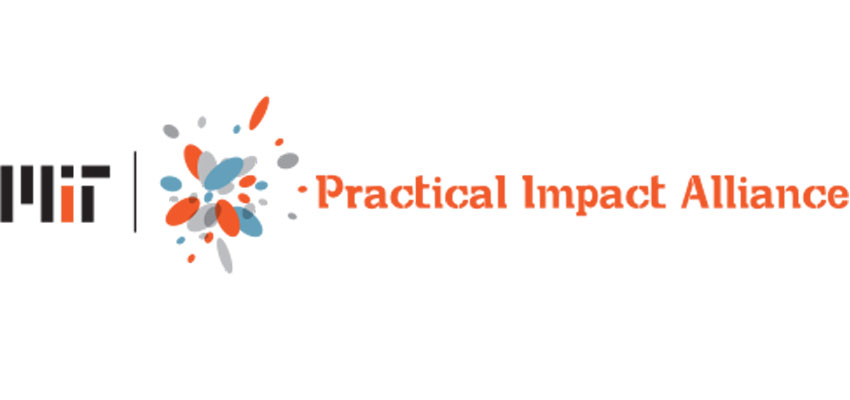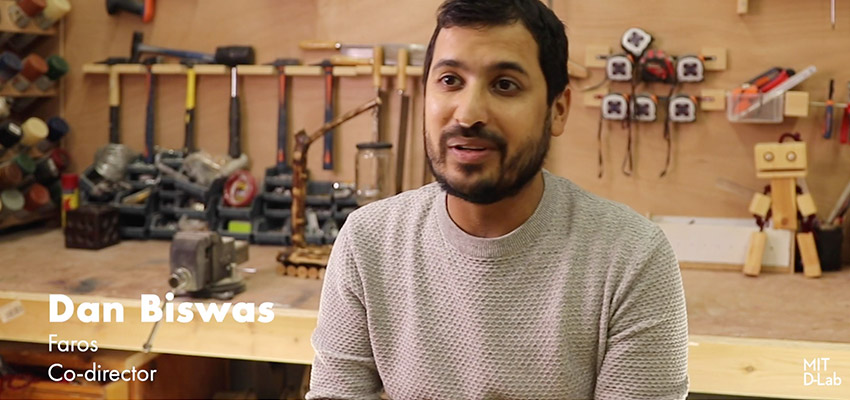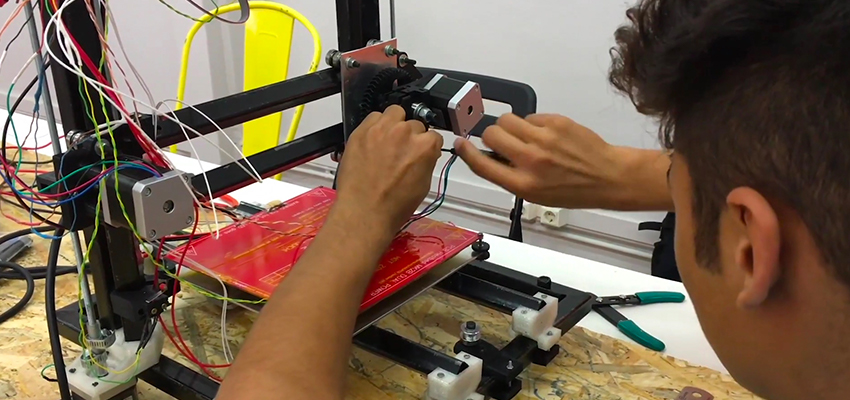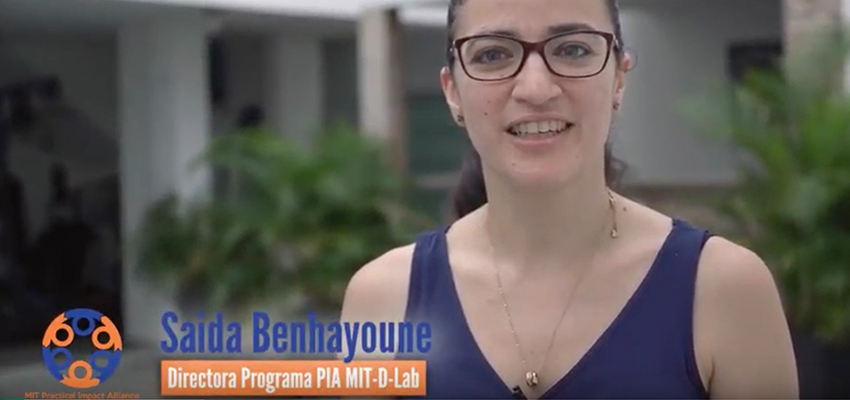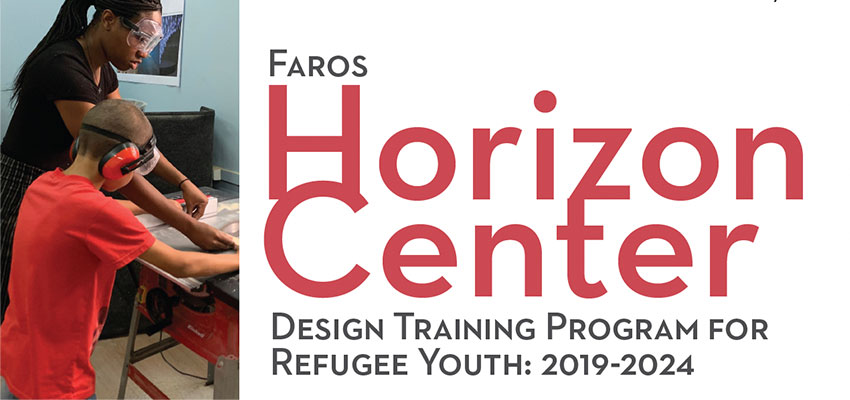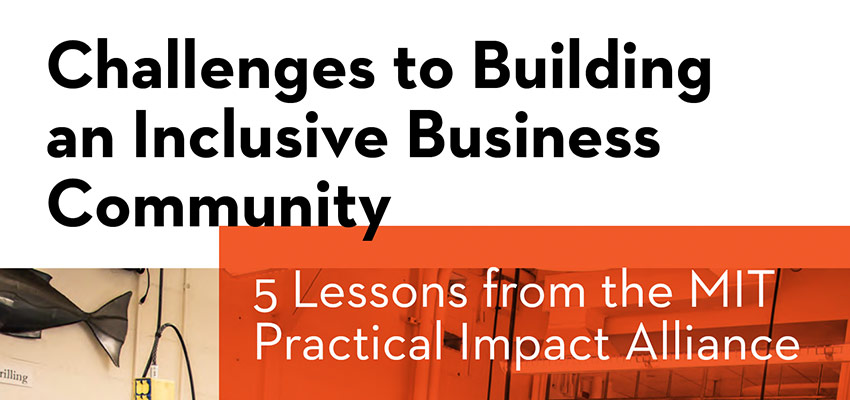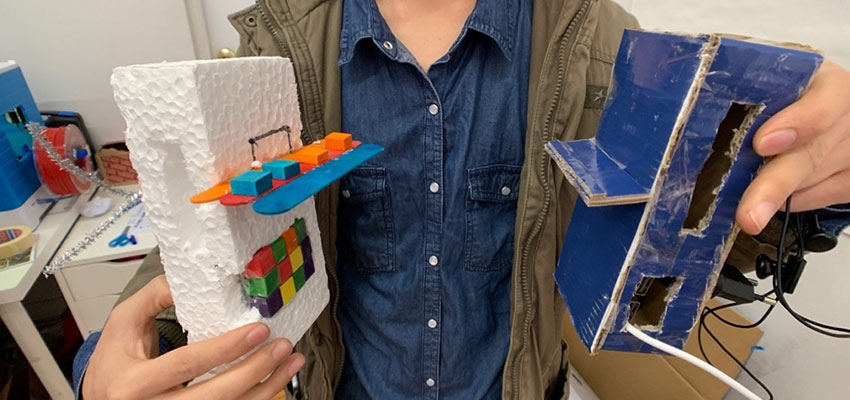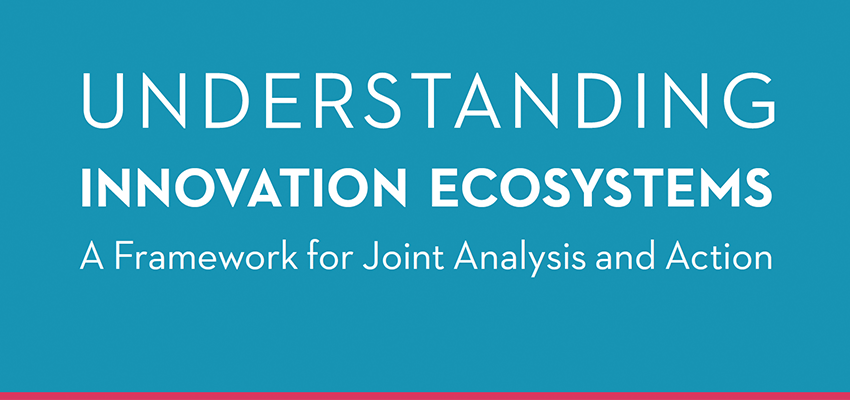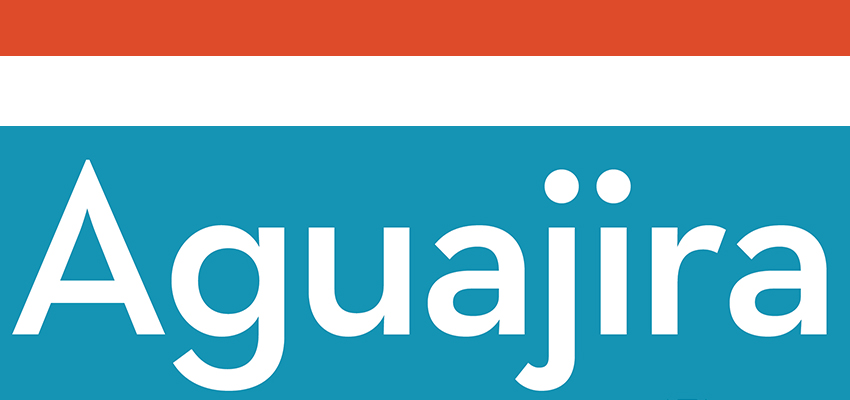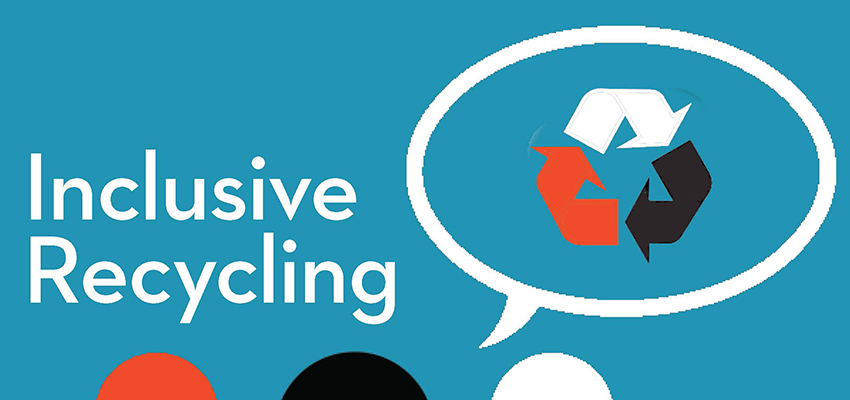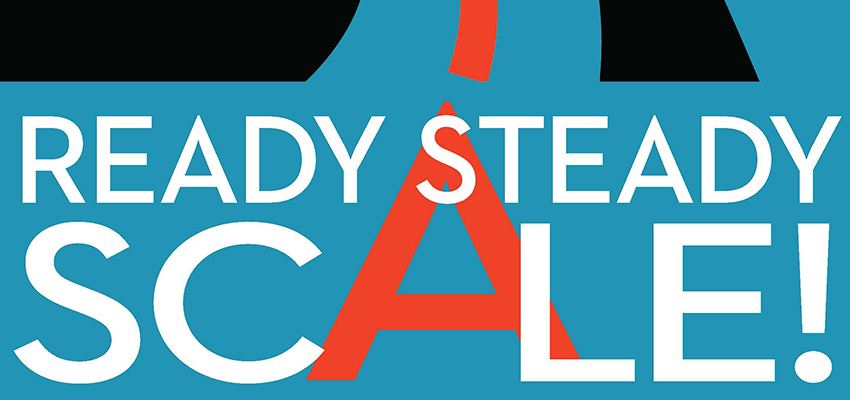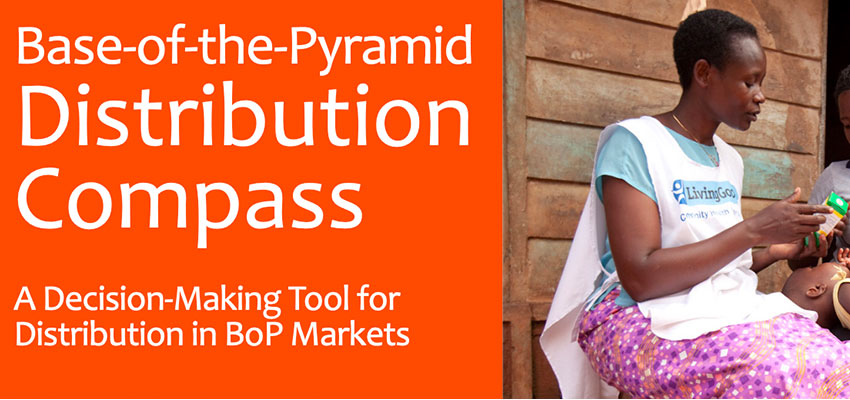Kwame Nkrumah University of Science & Technology, Kumasi, Ghana
September 27 - October 3, 2015
You can see highlights from the 2015 Co-Design summit in the video above!
Co-Organizer and Host of the 2015 PIA Co-Design Summit
The 2015 PIA Co-Design Summit was hosted by summit co-organizer the Technology Consultancy Centre at Kwame Nkrumah University of Science and Technology (TCC). Events took place both in Kumasi at the TCC and at the Intermediate Technology Transfer Unit workshops in Suame Magazine, Africa’s largest informal manufacturing area.
D-Lab Founding Director Amy Smith led summit workshops
Led by D-Lab Founding Director Amy Smith, the Ghana summit brought together over 25 individuals including PIA Members from industry, international nongovernmental organizations, as well as Ghanaian innovators, social entrepreneurs, and members of the local community for the weeklong experience practicing co-design and participatory research together.
The curriculum for the summit, developed by Smith and colleagues from the International Development Innovation Network over the last nine years, emphasized hands-on activities, collaborative design, and community engagement, all in the context of developing markets.
PIA Co-Design Summit Ghana 2015 - Project Teams
During the 2015 Summit in Ghana, participants worked in project teams of four to six people on projects relevant to the local context. Projects included the following:
- Cultivation, Processing, and Sales of Local Crops
- Community Recycling Systems
- Last-Mile Retail Enhancement
- Science Education Kits
- Fuel/Energy from Plastic Waste
- Credit and Financial Services for Farmers
More About the Technology Consultancy Centre at Kwame Nkrumah University of Science and Technology & the Intermediate Technology Transfer Unit
The Technology Consultancy Centre (TCC) of the College of Engineering, Kwame Nkrumah University of Science and Technology (KNUST) was founded in 1972 with a mandate to work with KNUST’s academic departments to research, co‐develop and transfer technology to support small and medium scale industries in Ghana. The TCC has trained over 5,000 entrepreneurs, apprentices, farmers and students in Ghana, Malawi, Togo, Sierra Leone, Cote D’Ivoire and Cameroon.
Founded with support from the Canadian International Development Association in 1981, the concept of the Intermediate Technology Transfer Unit (ITTU) evolved in the early 1970s from the interaction of the TCC with artisans in Ghana’s largest informal industrial area, Suame Magazine, located in Kumasi. The ITTU consists of a group of basic engineering workshops located in the heart of Suame Magazine, which support the dissemination of technological innovation while providing practical training in metal machining, welding, blacksmithing as well as ferrous and non-ferrous metal casting.
About MIT D-Lab
Founded in 2002 by educator and inventor Amy Smith and located at the Massachusetts Institute of Technology, MIT D-Lab is working to meaningfully improve the lives of people living in poverty. The program’s mission is pursued through interdisciplinary university courses, technology development, community initiatives, and research, all of which emphasize experiential learning, real-world projects, community-led development, scalability, and impact assessment.
In 2011, MIT D-Lab created the Scale-Ups program, with generous support from Community Jameel (formerly Abdul Latif Jameel Community Initiatives) to identify and support technologies with the potential for large-scale poverty alleviation. In addition to acting as the facilitator for the MIT Practical Impact Alliance, Scale-Ups has established and manages a fellowship program for social entrepreneurs, supports global and local organizations with needs assessment, technology evaluation, and capacity building expertise, and produces the annual MIT Scaling Development Ventures conference.
About the International Development Innovation Network & International Development Design Summit
The International Development Innovation Network (IDIN) is a program led by the MIT D-Lab; implemented by a global consortium of academic, institutional, and innovation center partners; and a part of USAID’s Higher Education Solutions Network in the U.S. Global Development Lab. The cornerstone program of IDIN is the International Development Design Summit (IDDS), a hands-on design experience that brings together people from all walks of life to create low-cost, practical innovations to improve the lives of people living in poverty. The IDIN network of IDDS alumni includes over 600 innovators from 59 countries. IDIN Innovation Centers have been established in Uganda, Brazil, and Tanzania, with new centers under development in India, Kenya, Nepal, Sierra Leone, and Zambia.


